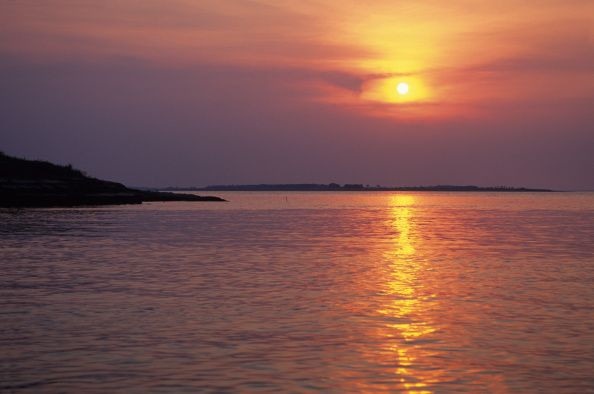Massive Amazon River Discovery Could Change What We Know About Where Coral Reefs Exist, But It’s Already Threatened By Oil Drilling

Scientists have discovered a massive coral reef at the mouth of the Amazon River in northern Brazil in some of the muddiest waters in the world where coral is not known to thrive.
The reef is already in danger, the Guardian reported Friday. The Brazilian government has reportedly sold 80 blocks for oil exploration and drilling at the mouth of the Amazon, some on top of the reef.
“These [exploration] blocks will soon be producing oil in close proximity to the reefs ... Such large-scale industrial activities present a major environmental challenge,” researchers wrote in a study detailing the discovery.
Coral are tiny, soft-bodied animals that work together to form protective reefs from calcium, usually in ocean water. The reefs attract other marine life, supporting biodiversity.
The 3,600-square-mile coral reef system found in the Amazon River ranges from 100 to 400 feet deep. More than 60 species of sponges, 73 species of fish, spiny lobsters, stars and other reef life exist in the vibrant ecosystem stretching from French Guiana to Brazil’s Maranhão state.
The discovery is unusual because corals are usually known to be found only in clear, sunlit saltwater. The coral reef could inform scientists about how the increasingly fragile ecosystems threatened by rising ocean temperatures and acidity levels might survive under other conditions.
“I was flabbergasted, as were the rest of the 30 oceanographers,” co-author Patricia Yager, a professor of oceanography and climate change at the University of Georgia, told the Atlantic about the find.
Rebecca Albright, an oceanographer and coral researcher at the Carnegie Institution for Science in Washington, D.C., who did not work on the Amazon River paper, confirmed that reefs had not previously been found in the area.
“Traditionally, our understanding of reefs has focused on tropical shallow coral reefs which harbor biodiversity that rivals tropical rainforests,” she said in an email to the Atlantic. “More recently, we’re starting to explore and appreciate different types of reefs that exist in marginal environments. The new Amazonian reef system described in this paper is another example of a marginal reef that we didn't previously know existed.”
Download the free @goFlowApp & help us track the health of coral reefs worldwide! https://t.co/6uRMZVRgA5 #EarthDay pic.twitter.com/aHpzzWergl
— World Surf League (@wsl) April 22, 2016
The reef is the size of Delaware and could include many new species.
“This is something totally new and different from what is present in any other part of the globe,” said Fabiano Thompson, an oceanographer at the Universidade Federal do Rio de Janeiro. “But until now, it’s been almost completely overlooked.”
Human pollution has contributed to a major decline in coral reefs across the world in recent years, according to a collection of studies published Friday by a team of global researchers.
© Copyright IBTimes 2025. All rights reserved.






















